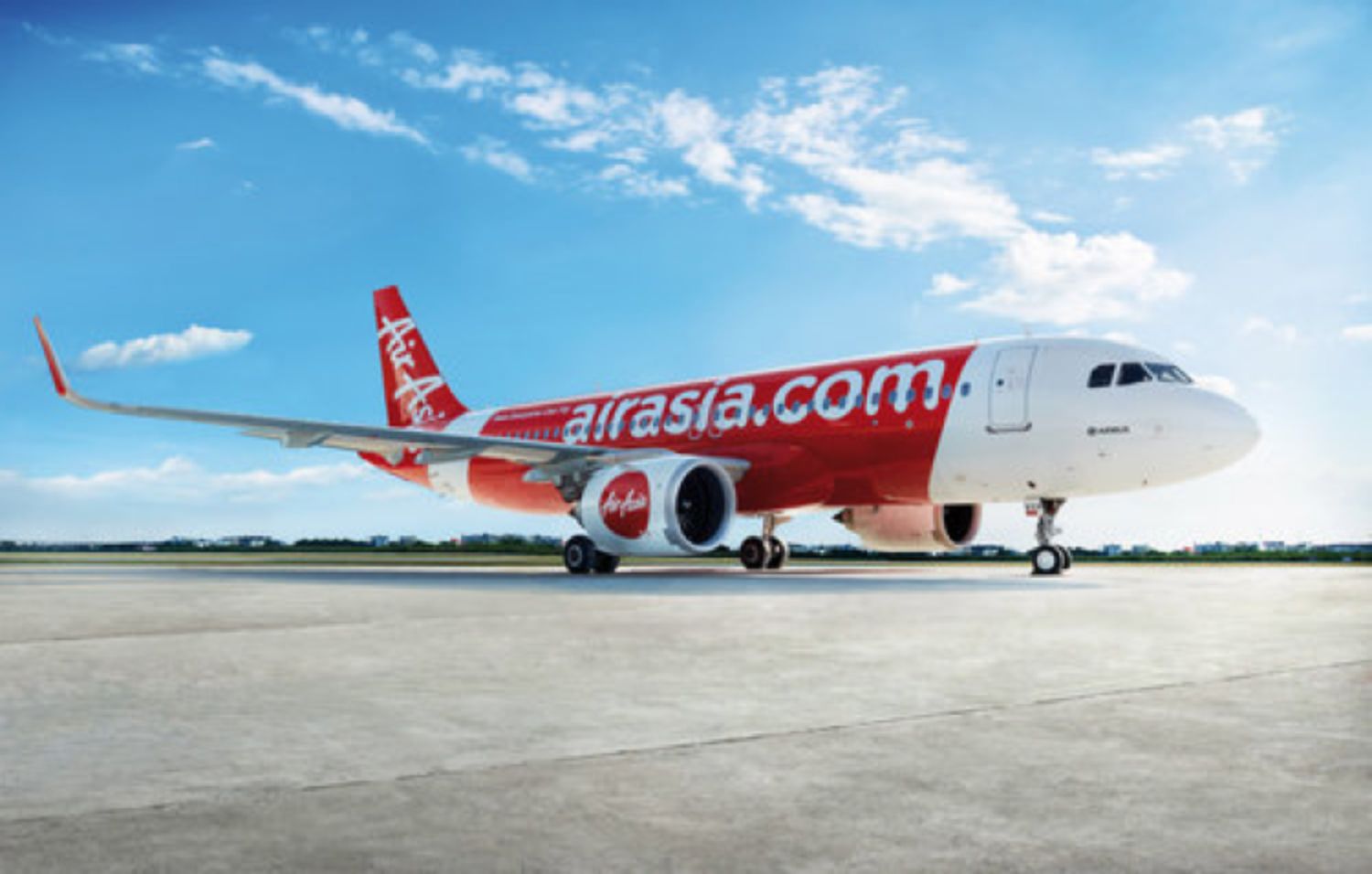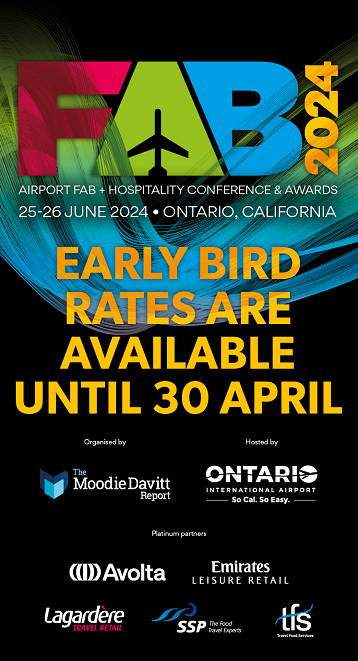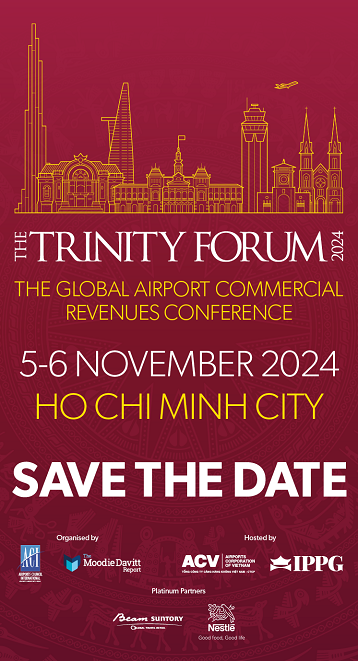MALAYSIA. AirAsia auditor Ernst & Young has cast doubt on the airline’s future against the backdrop of the COVID-19 crisis. It said that recent events and conditions “indicate existence of material uncertainties that may cast significant doubt on the group’s and the company’s ability to continue as a going concern”.
In a statement related to the carrier’s audited financial results for the year ended 31 December, the external auditor noted that the group had a net loss of RM283 million (US$66.2 million) and that current liabilities exceeded its current assets by RM1,843 million (US$431 million).
It added: “Further, in early 2020, the global economy, in particular the commercial airlines industry, faces uncertainty as a result of the unprecedented COVID-19 pandemic. The travel and border restrictions implemented by countries around the world has led to a significant fall in demand for air travel which impacted the group’s financial performance and cash flows.”

However, it also noted that “with the recent progressive uplifting of restriction on interstate travel and domestic tourism activities, the group has seen positive developments as passenger seat booking trends, flight frequencies and load factors are gradually improving to cater for the increasing demand”.
In Q1 2020 results announced yesterday, AirAsia Group posted revenue of RM2.3 billion (US$538 million), down -15% year-on-year. It reported a break-even in EBITDA terms, against RM565 million in Q1 2019. Net loss for the period was RM953 million (US$223 million), compared to RM102 million (US$24 million) in profit in the previous corresponding quarter.
AirAsia Group CEO Tony Fernandes said yesterday: “This is by far the toughest challenge we have faced since we began in 2001. Every crisis is an obstacle to overcome, and we have restructured the group into a leaner and tighter ship. We are positive in the strides we have made in bringing cash expenses down by at least -50% this year, and this will make us even stronger as the leading low-cost carrier in the region.”
Fernandes added that the company was in talks about additional investment and proposals to raise capital.
UPDATE: On 9 July AirAsia responded to the Ernst & Young comments, noting that “the financial statements have been prepared on a going concern basis, as the Board of Directors is confident of the successful continuation of the business”.
Tony Fernandes said: “We understand the importance of shoring up our liquidity to ensure sufficient cash flow. We have been presented with proposals in various forms of capital raising, be it debt or equity, and are in ongoing discussions with numerous parties, including investment banks, lenders, as well as interested investors in seeking a favourable outcome for the group.
“We have received indications from certain financial institutions to support our request for funding, amounting to more than RM1.0 billion. Of this debt funding, a certain portion would be eligible for the government guarantee loan under the Danajamin PRIHATIN Guarantee Scheme in Malaysia. Other than Malaysia, our Philippine and Indonesia entities are currently in various stages of bank loan applications. In the Philippines, we have applied for the government guaranteed loan under the Philippine Economic Stimulus Act (PESA), with an expected positive outcome.”
On working capital management, he added: “Internally, we have embarked on headcount rationalisation for leaner operations, given the current demand for air travel and expectations on recovery. Internal cost-cutting efforts include a group-wide temporary salary reduction of between 15% – 75%.
“We have received deferrals from our supportive lessors and are now working on further extensions. We have also restructured 70% of our fuel hedging contracts and are continuously negotiating with our supportive counterparties for the remaining exposure.
“All in all, we expect at least 50% reduction in our cash expenses in 2020.”
He also pointed to the return of domestic travel in Malaysia, Thailand, Indonesia, India and the Philippines as positive signals for the future.
“On 7 July, we registered our highest post-hibernation sale with 75,000 seats sold in a single day, reflecting pent-up demand and signalling green shoots of recovery. We also sold over 200,000 AirAsia Unlimited Passes since its recent launch for domestic Malaysia, domestic Thailand and AirAsia X.
“Positive trends in our flight bookings and load factors are additional signals of a better second half of the year. In June, our group-wide load factor was 60% with AirAsia Malaysia’s load factor reaching 65%. For July, we expect to achieve a higher load factor of 70% despite tripling our capacity month-on-month to cater to the increased demand.”













